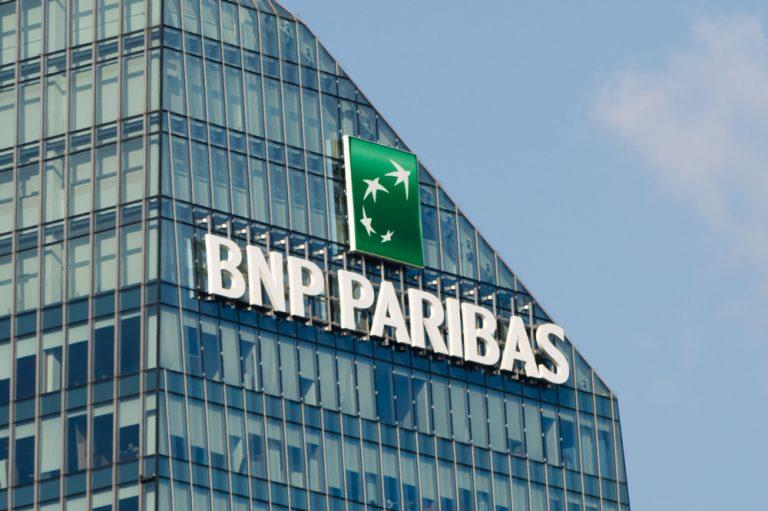
BNP Paribas (EPA: BNP) have announced today that they are considering cutting 250 jobs in their Switzerland operations.
Shares of BNP Paribas currently trade at EUR51 (+0.29%). 29/11/19 11:59BST.
France’s biggest bank said that there were “major challenges” in the Swiss financial environment as it seeks to cut costs globally.
The bank alluded to plans to start an employee consolation period, which will commence on January 14.
This scheme will allow the bank to consider measures that could reduce the number of job costs which may occur across financial 2020 and 2021.
“BNP Paribas in Switzerland, like other banks, currently finds itself facing major challenges: negative rates, a contraction in margins and a speeding-up of technology investments, all against the backdrop of a contrasted global growth environment within Europe,” it said.
“The plan is part of a wider transformation currently under way at Group level and would allow BNP Paribas (Suisse) SA to increase its efficiency, in particular by better leveraging the synergies provided through the Group,” it added.
Earlier this year, the bank cut its profitability target for 2020 and announced cuts in corporate and investment banking amid tough market conditions.
The reductions will affect both front and back office work, it said.
BNP Paribas have followed in similar steps as many multinational firms who have actively looked to cut jobs in a cut throat market to reduce operating costs.
In the finance and insurance industry, HSBC (LON: HSBA) and Aviva (LON: AV) both announced job cuts this year, with HSBC cutting jobs in UAE first.
Additionally, other household names including Tata Steel (NSE: TATASTEEL) and Audi AG (ETR: NSU) have set that they will axe the size of their respective workforces.
Certainly, the job cuts allude to a bigger issue in the state of the global banking and finance industry.
The gloomy picture seems to have spread also to the UK manufacturing industry, certainly with the cloudy Brexit negotiations, ongoing feud between China and the US combined with the turmoil in Hong Kong, the position of the global economy has never looked so uncertain.
